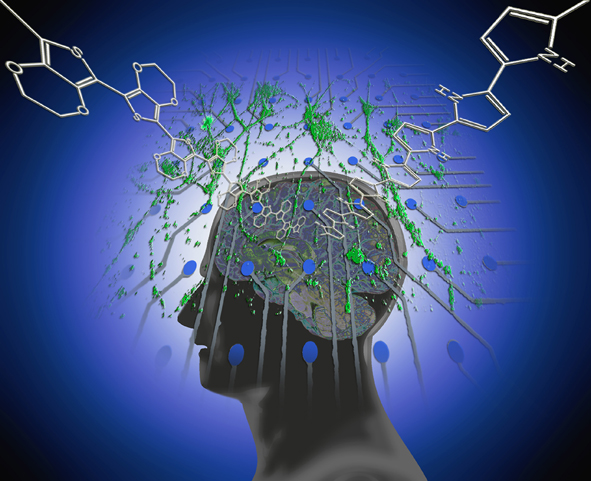Projekte
Leitfähige Kunststoffe für Gewebe-Implantat Grenzflächen

Projektbeschreibung
Within the framework of FRIAS, Maria Asplund will continue her work with conducting polymers for neural interfaces. The aim is to move on towards specific applications. Numerous studies explore the versatility of the polymer materials for introducing bioactive species, intricate surface structures and mechanical buffering on metallic electrode surfaces. The ambition here is to pick the most relevant of these ideas to tailor a polymer electrode and prove its usefulness in the real medical situation. The crucial point is to understand if truly soft implants, based on mechanically flexible substrate materials in combination with bioactive soft polymer electrodes is sufficient to allow for long term close contact with the nervous system.
Laufzeit
01.10.2011 bis 01.10.2014
Projektleitung
Maria Asplund (Prof. Dr. Thomas Stieglitz)
Ansprechpartner/in
Dr. Maria Asplund
Telefon:67375
E-Mail:maria.asplund@frias.uni-freiburg.de
Kooperationspartner
•Prof. Olle Inganäs, Linköping University, Sweden, Department of Physics, Chemistry and Biology, Biomolecular and Organic Electronics,
• Prof. Hans von Holst and Dr Tobias Nyberg, Royal Institute of Technology, Sweden, School of Technology and Health,
• Karolinska Institutet and Linköping University, Sweden, Strategic Research Center for Organic Bioelectronics – OBOE
Finanzierung
FRIAS
Schlagworte
Medikamentendosierung, drug delivery, Implantate, implants
Neurotechnologie, neurotechnology
Polymere, polymers, Produktionstechnologien, elektrochemische Prozesse, electro-chemical processes elektrische Messtechnik, Anwendungsfelder, Medikamentendosierung, drug delivery
Medizinische Implantate, Neuroprothetik

